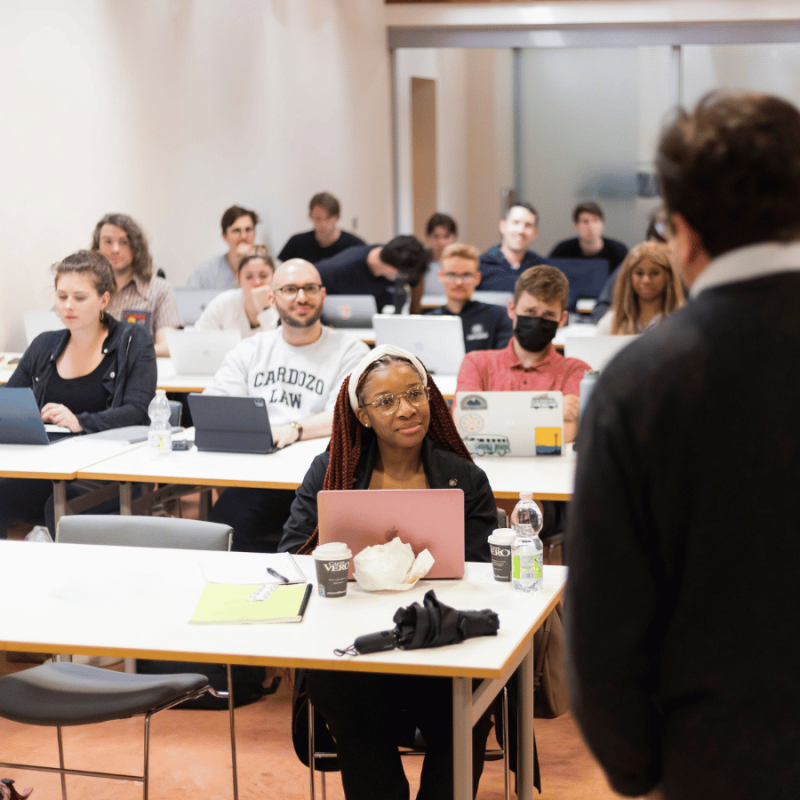Vanderbilt in Venice Curriculum
Vanderbilt in Venice Curriculum
Learn More

Curriculum
All courses are offered in English and are taught by full-time Vanderbilt Law School faculty members, in conjunction with expert faculty from the University of Venice.
Students may enroll in three courses and receive up to 6 credits in International Law and Comparative Law. Vanderbilt Law School students will receive direct credit for the courses taken through the program. Students may also enroll in an optional Italian language course.
Three classes are offered and taught by members of the Vanderbilt Law School faculty. Classes meet Monday through Friday, and class attendance is required. Course demands are the same as typical Vanderbilt Law School courses. The grading system, examination rules and processes are the same as those used by Vanderbilt Law School. Acceptance of any credit or grade for any course taken in the program is subject to determination by the student's home school.

Program Director
Michael Newton
Professor of the Practice of Law
Professor of the Practice of Political Science
Director, International Legal Studies Program
Michael Newton is an expert on terrorism, accountability, transnational justice, and conduct of hostilities issues. Over the course of his career, he has published more than 90 books, articles, op-eds, and book chapters. He has been an expert witness in terrorism-related trials both in domestic courts and at the International Court of Justice.
Professor Newton is admitted to the Counsel List of the International Criminal Court, where he helped prepare the appeal of Jean-Pierre Bemba and has participated in oral arguments at the Appeals Chamber in other cases. At Vanderbilt, he developed and teaches the innovative International Law Practice Lab, which provides expert assistance to judges, lawyers, legislatures, governments and policy makers around the world, and directs the International Legal Studies Program.
Summer 2024 Courses
Summer 2023 Courses
Have Questions?
Connect with the Vanderbilt in Venice Program Coordinator.